Dr Fiona Kelly attended the Dementia North Sea meeting in Treviso, Italy from 22nd to 24th April 2015. This is an informal meeting of researchers and practitioners from across Europe who meet annually to share research findings and to update on the work of their dementia research and practice centres. This year, there were delegates from the UK, France, Norway, Belgium, Germany, the Netherlands, Denmark and Italy. The meeting started with a welcome from our hosts from the Istituto per Servizi di Ricovero e Assistenza agli Anziani (The Institute for Services, Hospital and Elderly Care) and followed with updates from each centre, including any political developments relating to dementia. It continued with presentations from each delegate and we heard about a variety of initiatives, including the development of a technology toolbox for people with dementia and their family caregivers to try out different technologies before committing to buying them, an e-learning game for professional caregivers, a programme to develop a global definition of person centred care and to place care on an equal footing with cure, innovative day care models including a house run and managed by people with dementia and the development of an audit tool to measure the quality of dementia gardens.
Delegates visited three specialist units for people with dementia, showcased as being innovative for their design and practice. It was interesting to see how a very strong focus on meeting social, spiritual and sensory needs, providing access to outdoors and combining cognitive stimulation therapy to community dwelling people with dementia was juxtaposed by a strong medical input, particularly when caring for people with dementia nearing the end of life.
On the second evening we were treated to a water bus journey through Venice, ending up in the impressive St Mark’s Square where 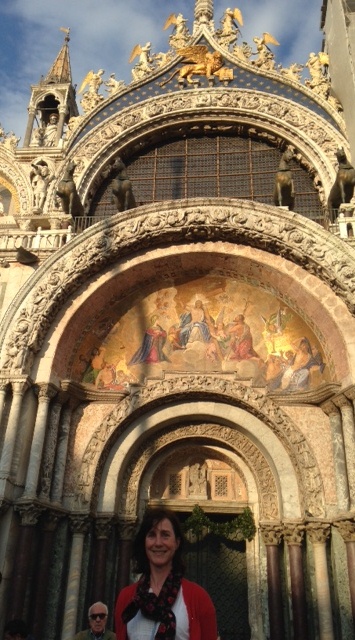 we strolled in the Spring evening sunshine.
we strolled in the Spring evening sunshine.
Our meal of traditional Venetian food of sea food and squid ink risotto, baked fish with roasted vegetables and tiramisu was lively with talk of dementia ideas, collaborations and anecdotes. Our dash on a water taxi to catch the last train back finished off the night on a high, if relieved, note.
The final day saw presentations on creative innovations in dementia care and included a presentation by Dr Kelly on preliminary findings from an evaluation of the BUDI orchestra. A thread running through these presentations was the potential of the arts for fun, mutual learning, social inclusion, the equalising of those who take part and improvements in well-being, even if in the moment.
BUDI are delighted to host the event in April 2016 and we look forward to welcoming our European colleagues to Bournemouth.
 ok your FREE ticket click here . Please forward details to those you wish may want to attend.
ok your FREE ticket click here . Please forward details to those you wish may want to attend.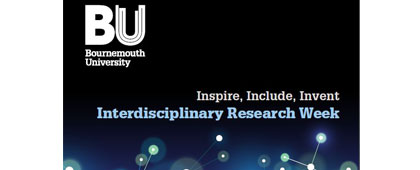

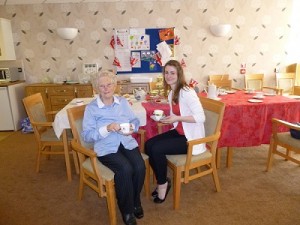





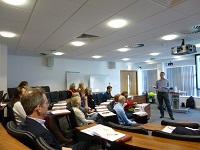



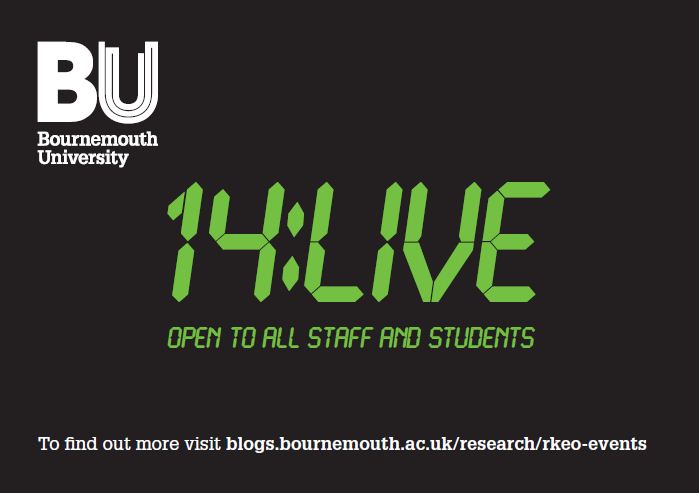


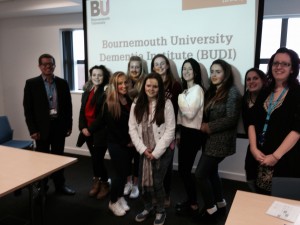











 Dr. Ashraf cited on ‘Modest Fashion’ in The Guardian
Dr. Ashraf cited on ‘Modest Fashion’ in The Guardian NIHR-funded research launches website
NIHR-funded research launches website Academics write for newspaper in Nepal
Academics write for newspaper in Nepal New paper published on disability in women & girls
New paper published on disability in women & girls Global Consortium for Public Health Research 2025
Global Consortium for Public Health Research 2025 MSCA Postdoctoral Fellowships 2025 Call
MSCA Postdoctoral Fellowships 2025 Call ERC Advanced Grant 2025 Webinar
ERC Advanced Grant 2025 Webinar Horizon Europe Work Programme 2025 Published
Horizon Europe Work Programme 2025 Published Horizon Europe 2025 Work Programme pre-Published
Horizon Europe 2025 Work Programme pre-Published Update on UKRO services
Update on UKRO services European research project exploring use of ‘virtual twins’ to better manage metabolic associated fatty liver disease
European research project exploring use of ‘virtual twins’ to better manage metabolic associated fatty liver disease